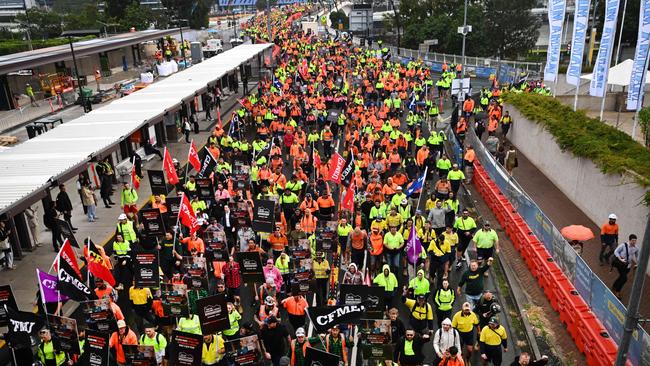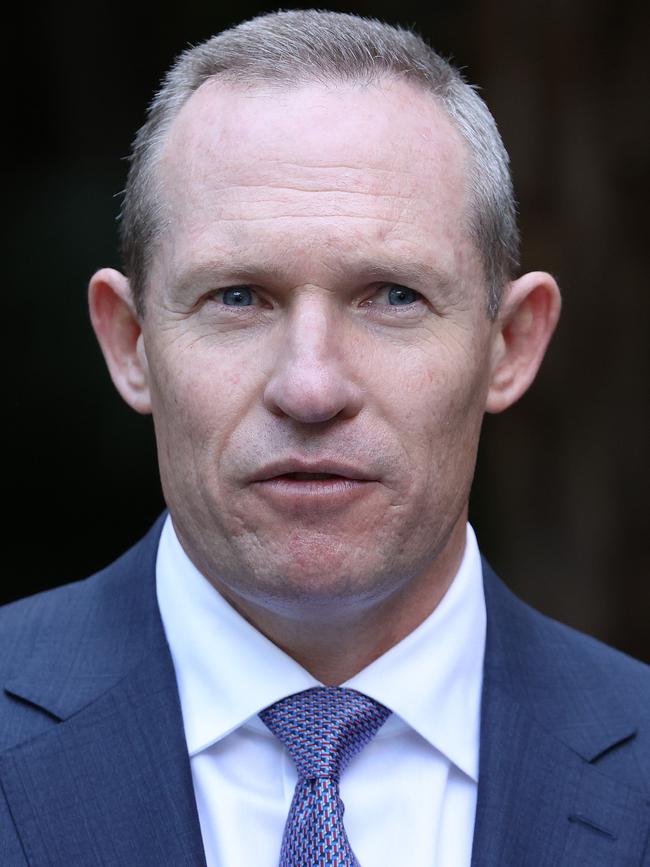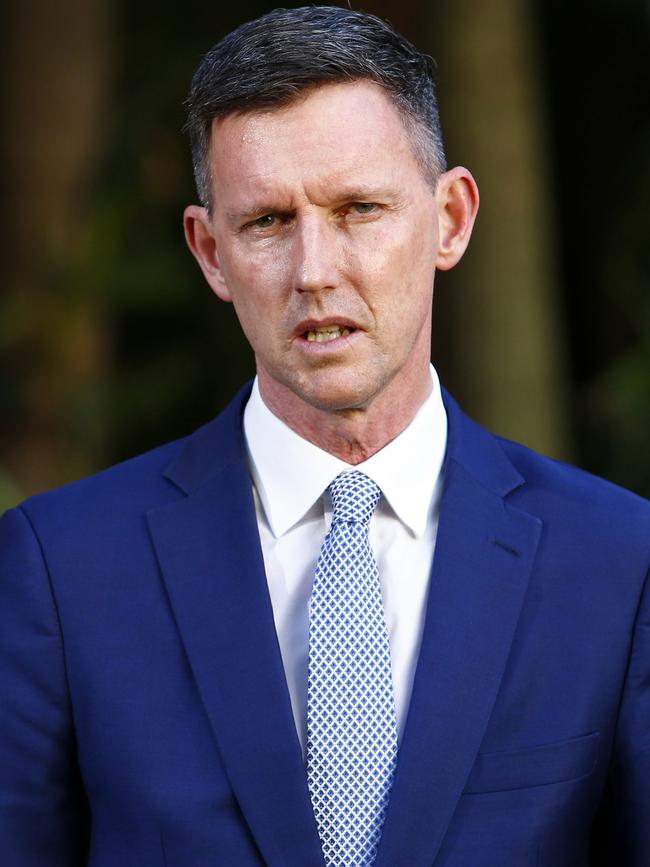Analysis: Best Industry Conditions Policy a costly thorn in side of Queensland’s construction industry
A Labor government so publicly backing a blatantly union-driven agenda is no surprise, but the potential fallout is nothing short of disastrous, writes Stephanie Bennett.

Opinion
Don't miss out on the headlines from Opinion. Followed categories will be added to My News.
Queensland’s Best Industry Conditions Policy has become a thorn in the side of the state’s civil construction industry – and a costly one at that.
Pushed by Labor left faction mates Ministers Mick de Brenni and Mark Bailey, it has seen firms forced to strike deals with the CFMEU – who insiders say are using the policy to muscle into the civil space, the traditional realm of the AWU.
Senior leaders are left walking out of negotiations perplexed, as union bosses implore them to sign sky-high wage deals and clauses which blowout timelines – with the promise spiralling project bills will simply be covered by the state government.


Any concept of delivering value for money for the taxpayer has seemingly been left off the negotiating table.
That a Labor government would so publicly back a blatantly union-driven agenda is of little surprise.
But the fallout, according to high-ranker industry insiders, has proved to be as bad – if not worse – than they feared, and it’s the taxpayers who are paying the price.
Companies say they have little wriggle room to push back on the extreme demands – they either got to war with the unions, or risk the state government pulling lucrative contracts.
The expansion of BPICs into health and energy, in particular, is of great concern to the industry.

Insiders say the government’s astonishingly large $62bn energy plan has the potential to cost more than $100bn should BPICs be enforced.
It's understood when the proposal was taken to Cabinet it was the state’s money man, Treasurer Cameron Dick, who was the most vocal opponent.
Perhaps he could see the eye-watering amounts of cash such a policy would ultimately cost the state.
Helping to soften the impact of the blowouts BPICs can and will cause is the fact the state is buoyed by the rivers of gold flowing from Mr Dick’s coal royalties scheme, with an extra $15.3bn flowing into the Treasury coffers this year alone.
That cash will dry up soon, however, as Mr Dick himself made crystal clear while spruiking the state budget in June.
What comes next then, for the state’s largest infrastructure pipeline.
If you listen to those on the ground running the state’s projects, it will simply grind to a halt.
Perhaps the most telling part was one leader saying their company is planning for a post-Olympics construction recession – something, should it eventuate, would be a disaster for Queensland.



